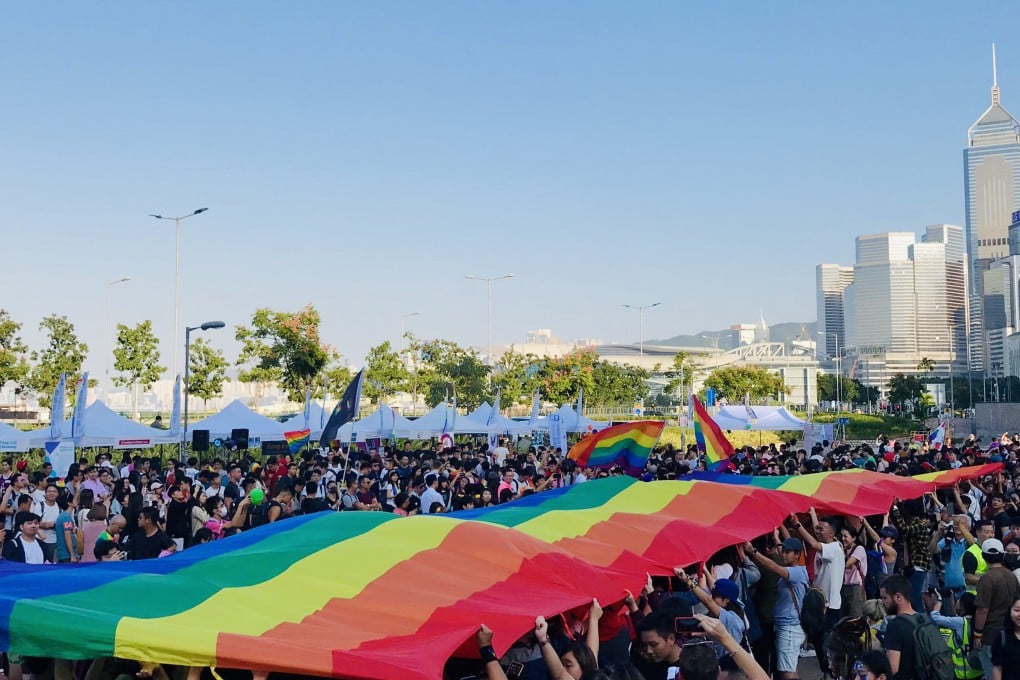Letters | Hong Kong’s education system must do more to foster LGBTQ inclusivity in schools
- Readers discuss the need for schools to address LGBTQ issues, the association of Hong Kong’s ethnic minorities with violence in the Chinese media, and the paucity of accessible facilities for those with disabilities

If LGBTQ issues continue to be ignored or the community stigmatised, LGBTQ people in Hong Kong will think they do not belong. The public education system must do a better job of raising awareness of the diversity of people who call Hong Kong their home.
Although the Education Bureau launched the “Values Education Curriculum Framework” in 2021 – the “Guidelines on Sex Education in Schools” published in 1997 are no longer in effect – there remains a lack of direct engagement with important issues around diversity and inclusion, especially for those students who identify as LGBTQ.
In response to our questions under the Code on Access to Information, the Education Bureau (EDB) said that it has a “zero-tolerance” policy with respect to discrimination and bullying, but has not conducted research on bullying, including homophobic bullying. The EDB’s stance is that there is no general consensus in society on “controversial issues concerning sex education and gender education, such as same-sex marriage and gender identity of transgender persons”. The EDB leaves it up to individual schools to decide their approach, such as including topics related to sexual orientation and prevention of discrimination in subjects such as Personal, Social and Humanities Education.
We appreciate the efforts by the EDB to address these issues. However, we believe much more needs to be done to promote a culture of inclusivity, understanding and respect in Hong Kong schools. Not doing so will prevent LGBTQ students from learning self-acceptance and contribute to a climate of exclusion in schools.